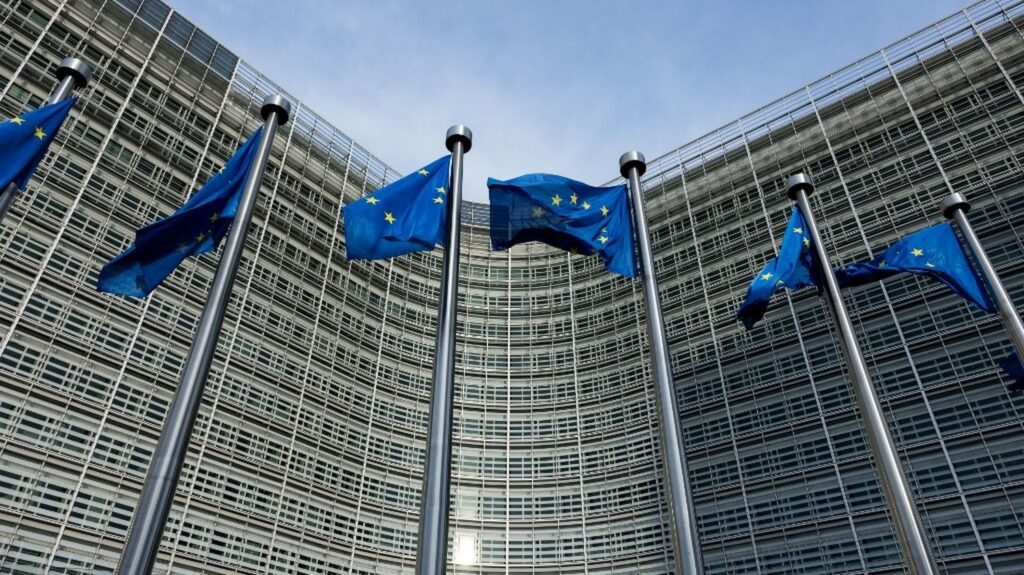These environmental, social and governance standards – on which the Green Pact of Brussels was built – result in a battery of binding standards supposed to push for transparency. A counterproductive wall for European industry, according to the Draghi report.
/2024/03/04/emmanuel-cugny-65e6021ef3340792811771.png)
Published
Updated
Reading time: 2min
/2025/06/25/commissioneuropeenne-685bad74e44f7870431208.jpg)
In full news on the war between Israel and Iran, the decision by the Council of the European Union, Monday, June 23, to lower the requirements concerning businesses on their “duty of vigilance” and on ESG standards has gone unnoticed. From now on, for ESG declarations, only companies will be affected with more than 1,000 employees who generate at least 450 million euros in turnover. It brought out of radars 85% of the companies initially affected. Certain points remain to be confirmed, such as the number of indicators to be published by the company to be in compliance. The European Parliament must decide in the fall.
As a reminder, the ESG criteria make it possible to assess the taking into account of sustainable and social development in the long -term strategies of companies. It is actually a question of measuring the non -financial performance of the companies, listed or not on the stock market. As for the “duty of vigilance”, this is the way in which the company manages and communicates on the risks it faces. It is a battery of binding standards supposed to push for the transparency of management.
The European Union decides to reduce the standards that it had itself introduced in business management. It is clearly a Pro Business turn for Europe, taken by throat by the loss of competitiveness of its industry. The context is more and more tense on the international scene, facing the United States and China. It is also a response to the famous Draghi report, which explains how the weight of regulations-especially environmental-represents a real counterproductive wall for European industry.
It is therefore deregulation on the part of European bodies. To the chagrin of NGOs, some of which denounce “the absence of rational analysis “ from Brussels and a forward flight to the detriment of climate ambition. This reduction in standards was obtained by the Polish presidency of the Council of the European Union before Denmark took over from 1East Next July. The subject will not fail to animate the next sessions of the European Parliament.


